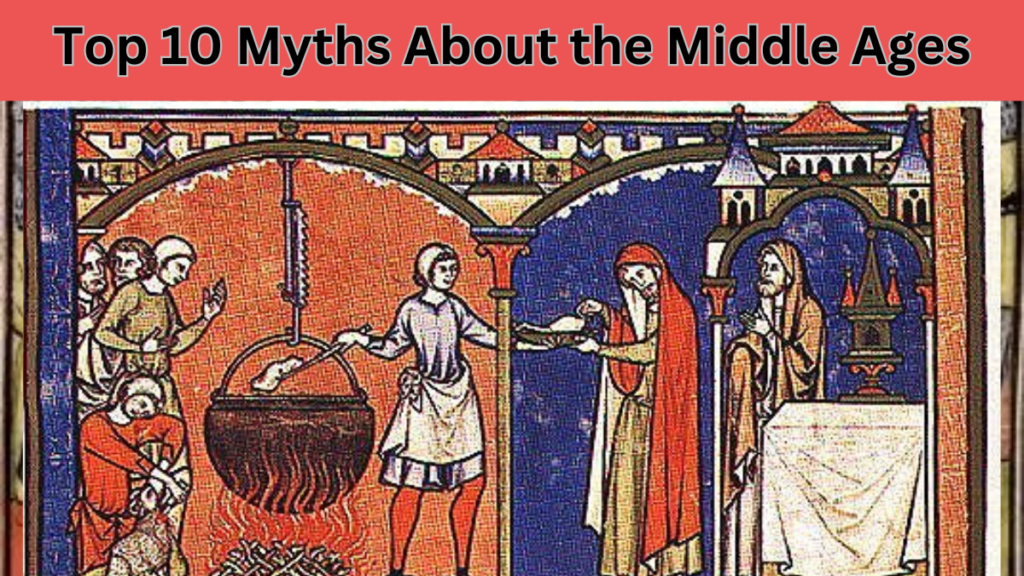Top 10 Fascinating Facts About Slavery
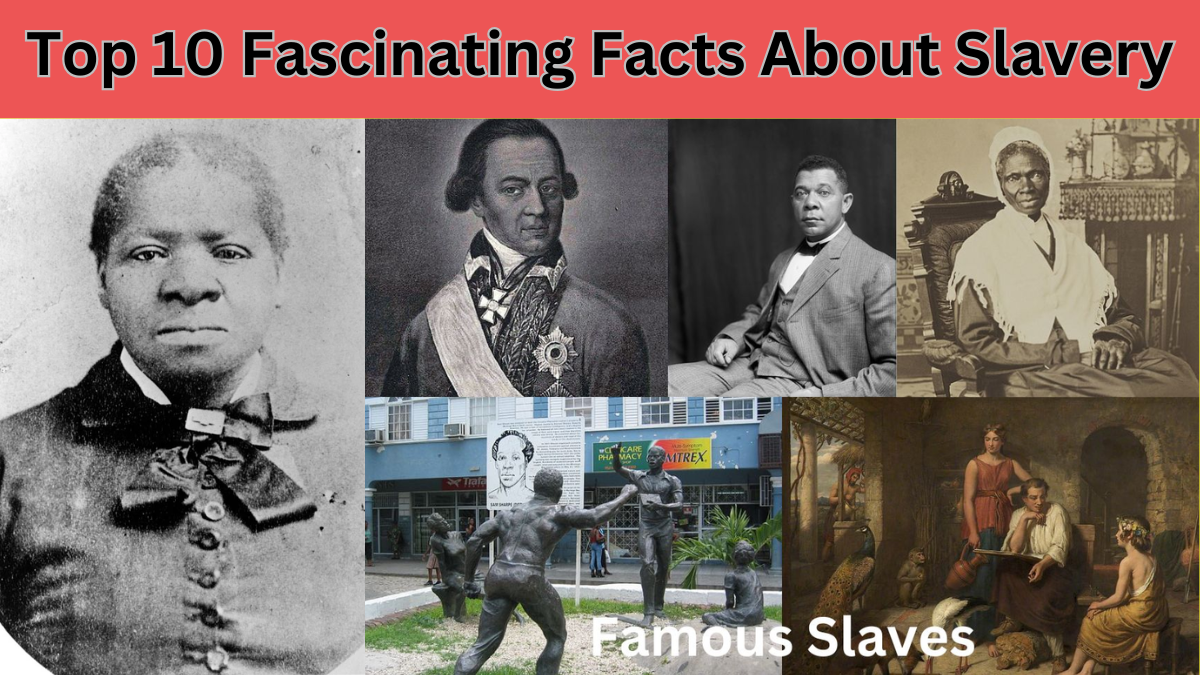
A comprehensive guide to the history of slavery, exploring its ancient origins, the transatlantic slave trade, the Civil War, and its enduring legacy today. Learn about the societal, economic, and cultural impacts of slavery and the ongoing fight for racial justice.
Ancient Origins

Slavery can be traced back to ancient civilizations like Babylon, where it was often used as punishment for debt or as a form of social status. The Code of Hammurabi, one of the earliest known law codes, contains provisions related to slavery.
Papal Permission and Prohibition

The Catholic Church initially sanctioned slavery, granting permission to enslave pagans in the 15th century. However, in the 16th century, Pope Paul III condemned the practice, aligning the Church with a more anti-slavery stance.
The Transatlantic Slave Trade
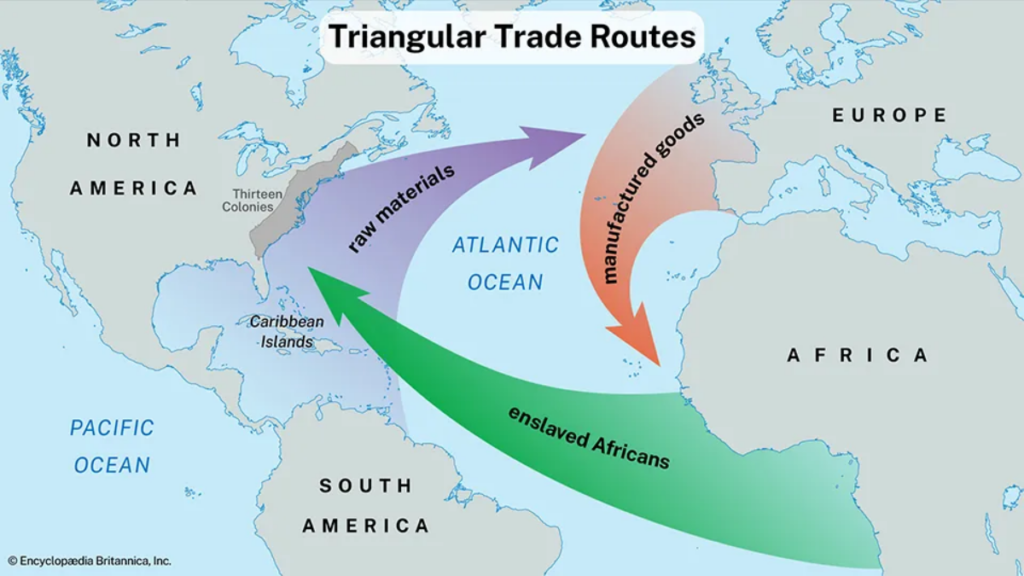
One of the most infamous periods in the history of slavery was the transatlantic slave trade. Millions of Africans were forcibly transported across the Atlantic Ocean to the Americas, where they were subjected to brutal conditions and forced labor on plantations.
Established in Virginia
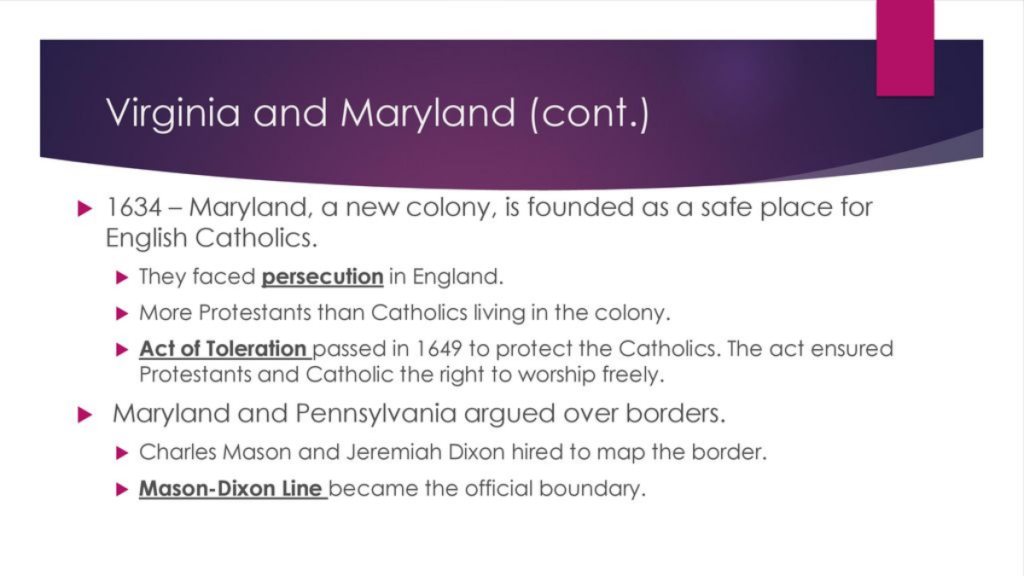
In 1654, slavery was officially recognized in Virginia, marking the beginning of a dark chapter in American history. This decision set a precedent for the spread of slavery throughout the colonies.
A Mark of Honor

In pre-colonial Africa, slavery was often seen as a sign of status and wealth. Slave owners were valued for their humane treatment of their slaves, and the better treated the slaves, the more respected the owner was.
Disastrous Invention

Eli Whitney’s invention of the cotton gin in 1793 revolutionized the cotton industry, increasing demand for slaves and prolonging the institution of slavery in the United States.
The Bible and Slavery

While the Bible does not explicitly condemn slavery, it does encourage humane treatment of slaves. The New Testament contains passages that address the relationship between slave owners and their slaves.
The Word

The term “slave” derives from the Slavic people, who were often captured and sold into slavery by Vikings.
Charles Lynch

The term “lynching” originated from Charles Lynch, an American Revolutionary who led vigilante justice against British loyalists. Lynching later became a horrifying tool of racial terror and violence against African Americans.
Slavery Today
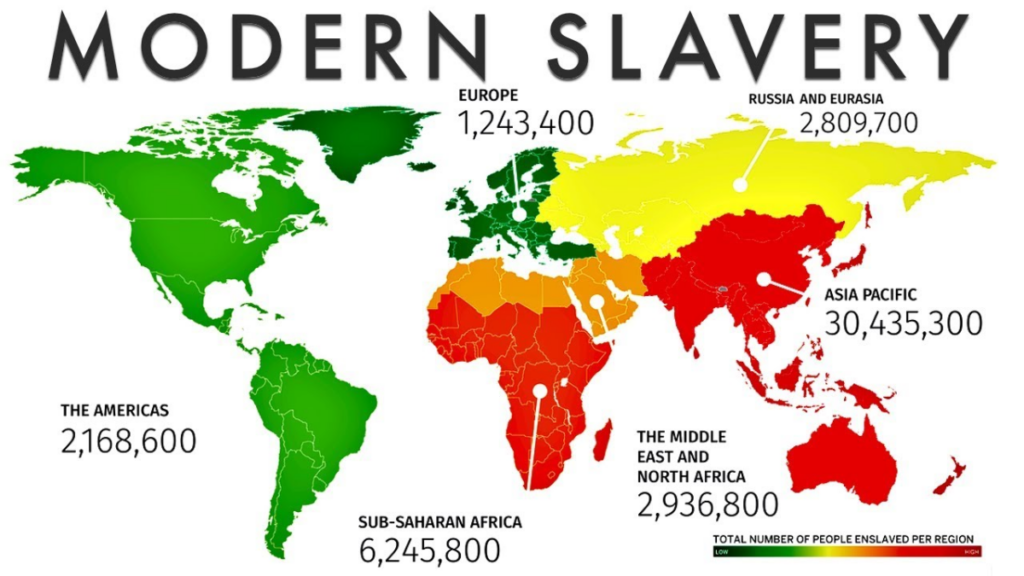
Despite the abolition of slavery in most parts of the world, modern-day slavery persists. Millions of people are trapped in forced labor, human trafficking, and other forms of servitude. This ongoing crisis is a stark reminder of the enduring legacy of slavery.
